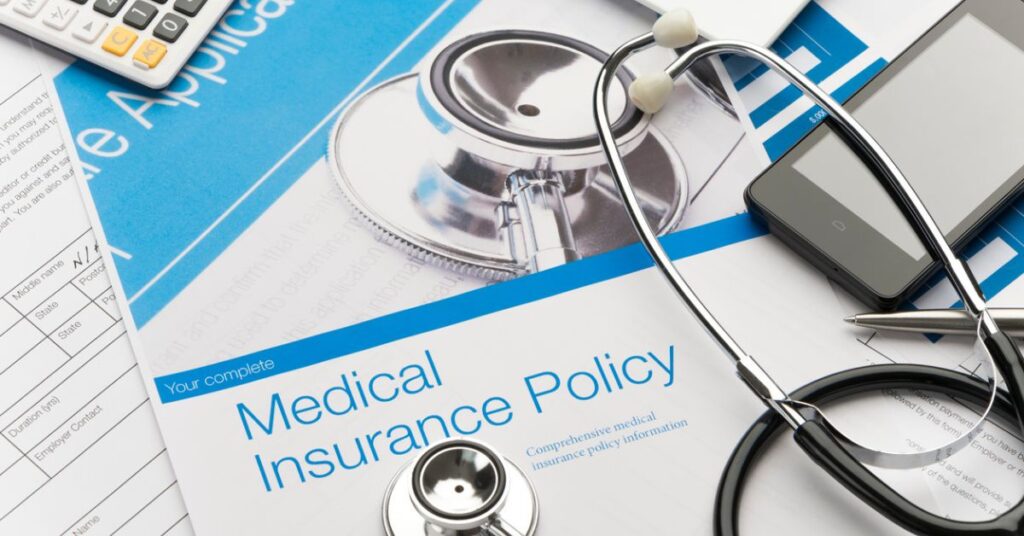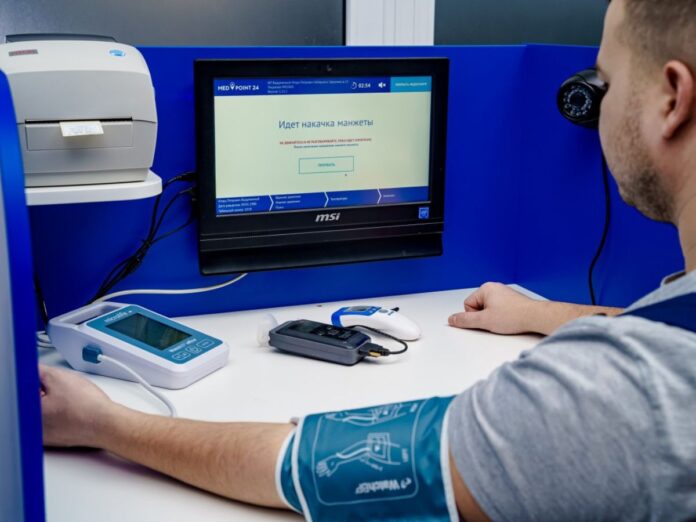Acting as a driver entails more than simply decelerating toward the horizon. It is about safety, responsibility, and performing at the highest level possible. Whether you commute to work or are a professional driver, your health while operating a motor vehicle is more important than you might originally believe.
Therefore, routine medical checkups are not merely formalities to be completed; they are an essential element in maintaining personal safety while driving. Before hitting the road for any commercial driving job, it’s essential to undergo a driver accreditation medical assessment to ensure you’re fit for duty and ready to uphold safety standards.
The health prerequisites that drivers must meet may differ among sectors. It is possible that the medical requirements for sales personnel traveling to appointments are less stringent in comparison to personnel engaged in hazardous tasks like transporting passengers, working in construction sites, or handling noxious substances.
Importance of Medical Checkups for Drivers
Consistent medical examinations are critical for drivers to guarantee their fitness for duty and promote the protection of all individuals present on the road. These medical examinations serve as proactive measures, identifying any latent health conditions that may hinder their ability to operate a motor vehicle. Drivers can safeguard their health and minimize potential dangers by proactively addressing these concerns.
Additionally, medical checkups play a role in ensuring adherence to regulatory obligations, including driver accreditation criteria. In essence, placing regular medical examinations as a top priority not only ensures the protection of drivers’ well-being but also maintains road safety protocols, thereby fostering a more secure environment for all pedestrians and motor vehicles.
Your Well-being:
Bear in mind that driving will be adversely affected by any adverse health conditions, including feeling ill or experiencing other physical discomfort. You may be experiencing fatigue, distraction, or even pain. These conditions are not optimal for manoeuvring through traffic or making decisions in an instant while driving.
Engaging in routine exams to monitor one’s health not only benefits the individual, but also benefits all individuals traveling along the road. Ultimately, no one desires to share the road with a motorist who is failing to perform at his or her highest level.
Career:
For individuals who are employee in the automotive industry, maintaining good health is critical to their livelihood. It is not sufficient to simply travel from A to B; the gears of commerce must also remain in motion.
Suppose you are a lorry driver who is confront with an impending delivery deadline. You disregard your slightly off-putting mood because you have financial obligations and deadlines to adhere to. The next thing you know, you’re grappling with impaired vision or difficulty remaining alert while driving. Such a behaviour endangers not only oneself but also all other motorists.
Routine medical checkups are analogous to career preventative maintenance. They aid in identifying health problems before they become severe and jeopardize your job. Furthermore, they provide reassurance that you are physically prepare to confront any challenges that may arise while travelling.
Your Safety and the Safety of Others:
Consistent medical checkups are analogous to fastening a seatbelt; they are uncomplicated yet impactful measures of safeguarding oneself and others while travelling. They aid in the detection of health problems before they become incidents waiting to happen and provide you with the assurance that you are contributing to the maintenance of safe roads for all.
Insurance Benefits:
Undoubtedly, nobody enjoys spending a fortune on auto insurance. On the contrary, consistent medical examinations may prove to be cost-effective over time.
A number of insurance providers provide discounts to motorists who maintain routine medical examinations. Why? Because they are cognizant of the fact that accidents involving healthy drivers are less probable, resulting in reduced liability for them to indemnify. You maintain your health and safety while driving, and your insurance premiums remain exceptionally low.

Legal Requirements:
Legislative obligations pertaining to routine medical examinations may vary contingent upon one’s place of residence and driving style.
Nevertheless, maintaining excellent health is prudent for legal reasons, even if you do not operate a commercial vehicle. Being unprepared for a disaster with an undiagnosed medical condition or a prior record of irresponsible behaviour is undesirable. Regular medical examinations ensure compliance with legal regulations and provide peace of mind.
Conclusion
Ultimately, the act of driving encompasses more than mere transportation between two locations. It is about safety, accountability, and watching out for oneself and others while driving. Consistently attending to your health is an easy and efficient method to guarantee your fitness for duty and preparedness to confront any challenges that may arise on the road.
So, ensure that you maintain your health and skills, whether you are a professional driver or simply someone who commutes to work. In the end, the road can be a hazardous place; however, you can confidently navigate it with routine inspections and a healthy measure of common sense.
Also, read: Navigating the 21st Century’s Toughest Public Health Challenges: A Closer Look



